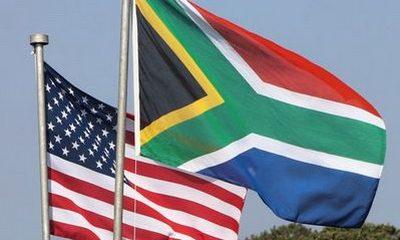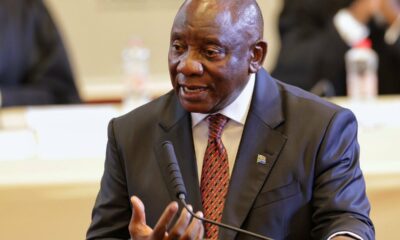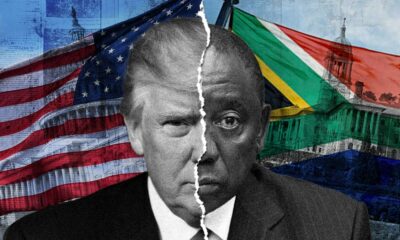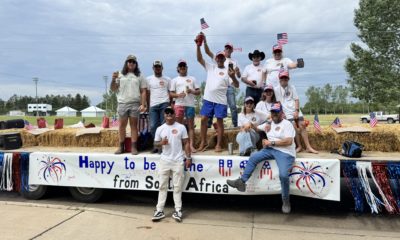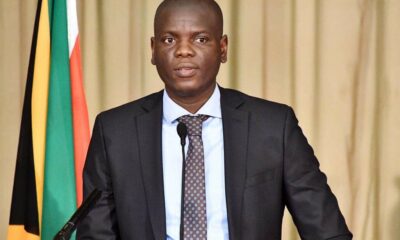News
Crossing Borders: Why Dozens of Afrikaners Became Refugees in the US?

When Refugees Became Neighbours
In 2025, an unexpected refugee story emerged from South Africa. Under a controversial United States executive order, white Afrikaners, primarily South Africans of Dutch heritage, were offered fast-tracked asylum. While many didn’t consider themselves refugees, the U.S. administration classified them as fleeing racial persecution linked to land reform and affirmative action policies. Their arrival sparked mixed reactions of gratitude, disbelief, frustration, and cautious optimism.
New Roots on American Soil
From Limpopo to South Dakota
Charl Kleinhaus, who fled alleged death threats and farm attacks in Limpopo, found safety in the U.S. but faced unexpected challenges. “Life is secure here,” he noted, “but you work like everyone else.” The absence of domestic help meant handling all household chores independently.
When Qualifications Become Obstacles
One former business owner in sales and publishing discovered her extensive resume worked against her. Repeatedly deemed “overqualified” for entry-level positions, she eventually found meaningful work in senior care, embracing this humbler new chapter.
Navigating Support Systems and Struggles
Welcomes and Woes
While some refugees like Errol Langton in Alabama praised America’s healthcare system and local hospitality, others faced bureaucratic hurdles and intense homesickness. Community support through churches or advocacy groups often proved more valuable than official channels.
Social Media Controversies
A viral video depicted an Afrikaner family allegedly abandoned in a hotel without food or phones. Amerikaners, an organisation assisting resettlement, clarified these claims were misleading, confirming all refugees received basic support upon arrival.
The Political Backdrop
This refugee programme unfolded amid significant controversy. South African President Cyril Ramaphosa rejected claims of persecution, noting Afrikaners remain among the country’s most privileged groups. Meanwhile, U.S. critics questioned why white South Africans received priority over refugees from active war zones.
Media coverage from outlets like The Guardian and Reuters highlighted the polarised responses continuing to resonate in both nations. Harvard researchers suggested the policy reflected strategic priorities rather than purely humanitarian considerations.
Lessons for South Africans
For Joburg residents observing this situation, it offered perspective on how privilege transforms across borders. The Department of International Relations clarified that refugees cannot reclaim South African citizenship without forfeiting their protected status.
Beyond politics, these stories reveal universal human needs for security and belonging. They deserve thoughtful discussion rather than simplified headlines.
Also read: Apartheid Victims’ Families Plead for Justice as Ramaphosa Seeks Case Delay
Follow Joburg ETC on Facebook, Twitter, TikTok and Instagram
For more News in Johannesburg, visit joburgetc.com
Source: IOL
Featured Image: Daily Maverick

